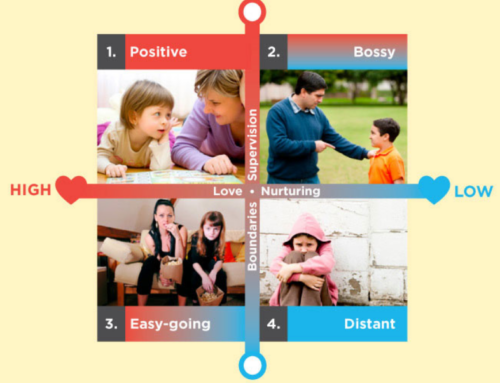My name is Deirdre and I joined the Lifestart team in 2017, as a Family Visitor working within the Tinystart programme. A joint project in conjunction with the charity, Tinylife who support babies born prematurely. I work within the Western Trust providing practical advice and emotional guidance to parents and their pre-term infants from birth to three years of age through monthly home visitation. I deliver the educational ‘Growing Child’ programme along with play resources, books, music and art materials that help explain various developmental concepts and milestones to parents.
Our programme is tailored to each parent and child to ensure delivery is developmentally appropriate. I carry out observations of babies and children, identifying stages and sequences of development through milestones. Throughout the monthly visits, parents are provided with fun, interactive and cost-effective ways to promote areas of development specific to the age and stage that their child is at.
From supporting parents over the last couple of years, it is clear that child development is gradual and unique to each individual child. As a parent, you may read statements which talk about the ‘typical’ baby. For example; ‘The typical baby, when lying on his tummy, can lift his head and hold it up by the time he is six weeks old’. If your baby was able to master this before the age of six weeks, you may believe he is more advanced than other babies. Or on the other hand, if your baby of six weeks has not yet mastered this, you may begin to question whether there is developmental delay. In actual fact neither of these conclusions may be appropriate.
When the word ‘typical’ is used with regards to child development, it describes the characteristics normally shown at a particular stage of development. Researchers are able to identify the characteristics of specific age groups through the observation of babies who are the same age. It is vitally important to remember that there will never be a baby who is truly ‘typical’ across all areas of their development. Therefore, the ‘typical’ child doesn’t actually exist, it is simply a concept used to describe what you may expect to find developmentally at a particular age. You can check out Issue 6 of the Growing Child parenting booklets for further exploration of the topic ‘Who Is the Typical Baby?’
Similarly, you may often be told by family members and friends that your child ‘will get there when they’re ready’ in terms of attaining their developmental milestones. More often today, there is a tendency to compare development amongst siblings, cousins or friends. Feelings of distress and/or anxiety can be formed when your child reaches a particular age yet they do not display all of the milestones in line with children their age. The process of growing and also learning amongst children is complex.
As much as you’d love for your little one to hurry to the next milestone or stage, it is not possible before he/she is ready. In fact, the rate of progress can differ by weeks and sometimes even months between children. Every now and then, we can become fixated with what our child will become tomorrow, forgetting what they are today and appreciating those precious moments. This is your reminder to trust your own instincts and always remember parenting is not a competition, it is your journey with your child!







